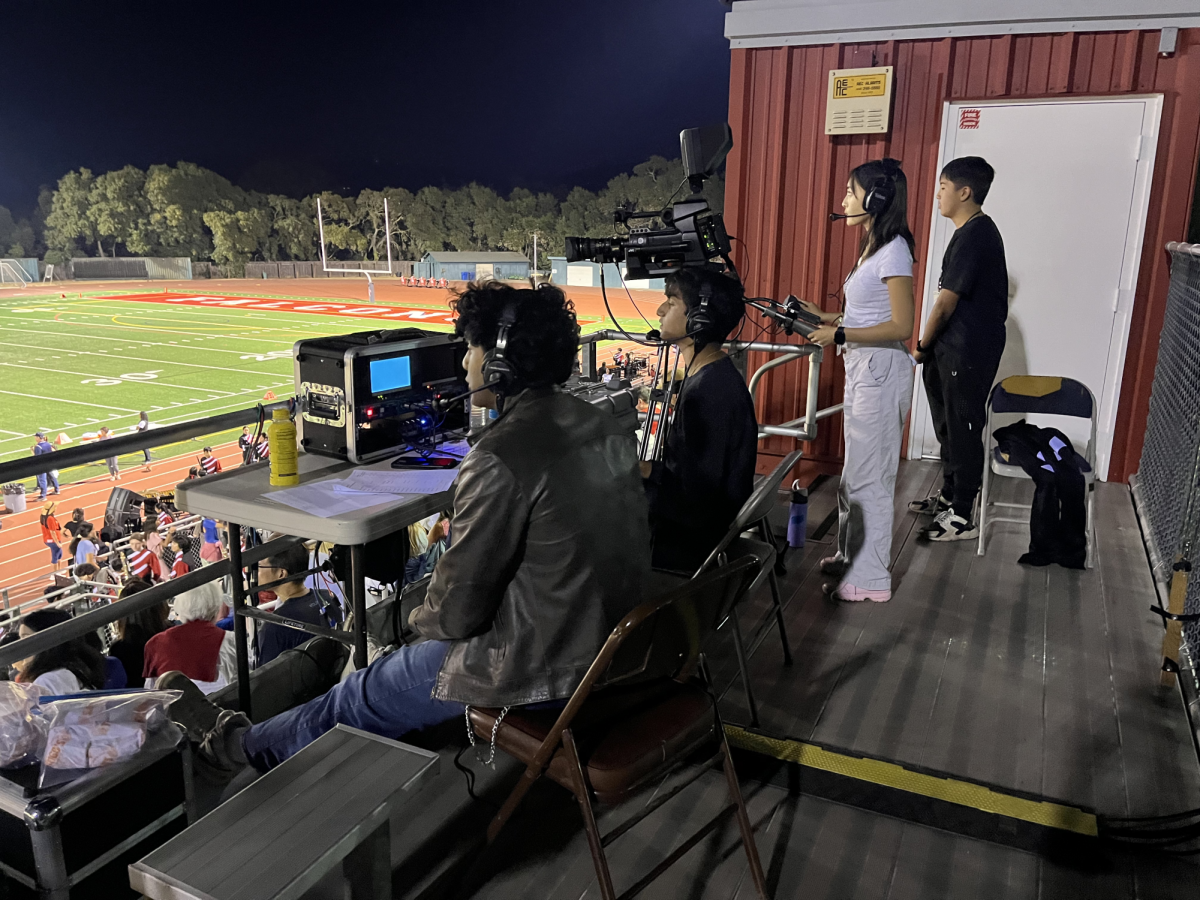Just over three weeks ago, a buzz of conversation concerning the sophomore class’s inappropriate quad day skit and subsequent Homecoming disqualification circulated the school. Almost immediately, students pointed fingers and spread rumors about who was responsible for the embarrassment.
This kind of behavior is nothing new to some segments within the sophomore class. For several years running, the class of 2014 has become increasingly segregated into distinct cliques, according to sophomore Manini Desai.
“I think our class is really hierarchical,” Desai said. “For that reason, the fact that there is such a big gap between ‘popular people’ and ‘unpopular people,’ there is just no respect among us.”
Assistant principal Kevin Mount also believes that unlike other grades, these groups of sophomores have had trouble overcoming their differences.
“It’s typical for there to be groups in high school, but it is a problem when it becomes exclusive,” he said. “There are students who have a mindset of being cooler than their peers, but they don’t realize that the definition of ‘cool’ changes as you grow older.”
Desai believes that this idea of being “cool” has blinded some sophomores into thinking that it is all right to exclude others. Such beliefs have continued to divide the class.
The issues involving quad day have only further exemplified this lack of unity within the class. Sophomore Ainsleigh Mitchell believes that the sophomore class is noticeably less spirited than other grades.
According to Desai, it was the clear division of social groups that led to the lack of cooperation during the planning of the sophomore quad day. This also made it difficult for them to work together effectively, which resulted in a faulty overall performance.
“People are a lot meaner to each other in our grade,” Mitchell said. “People should get along more, and act more mature. In other grades, it’s not a problem, but our grade has a lot of tension.”
The comments that circulate from student to student have now come to the point where the sophomore class has a distinct negative reputation with other classes, along with the administration.
“I think other people view our class badly because of the way we present ourselves,” sophomore class representative Kristie Lin said. “We sometimes act like we’re in a movie, and we feel the need to follow those high school stereotypes.”
The sophomore class has faced ongoing issues with cyberbullying, which range from subtle to outright disrespect. The administration has already conducted assemblies for the sophomore class in an effort to curb the amount of bullying that takes place on popular social communication websites, such as Facebook, Formspring and Tumblr.
“The school has already held bullying assemblies, and everyone has reiterated stuff we need to learn,” sophomore class president Abigail Small said. “I think we are just being really stubborn.”
According to Lin, many students do not think that these talks have been productive in helping solve the overarching problem. Nonetheless, the administration’s attempts are appreciated by at least some sophomores and student awareness about the harmful effects of bullying has increased.
“We have to give the administration a lot of respect for all the work they have put into fixing the problems of our class,” Small said.
The attempts made by the administration to fix the problems within the class of 2014 have not been taken seriously by all students, however, as the class still faces issues with bullying and cliques.
“The sophomores in particular need to learn about inclusion, but the question is if they’re emotionally ready,” Mount said. “We hope to see improvements with the sophomore class as they mature.”
Compared to previous years, the leadership and spirit of the sophomore grade, although still lower than ideal, have seen an upturn, according to assistant principal Karen Hyde. However, she said that some sophomores still have yet to realize that “nobody is better than anyone else.”
“Bullying will not take students very far in the future,” Mount said, “and the faster students realize this, the more successful they will become as a class.”




























